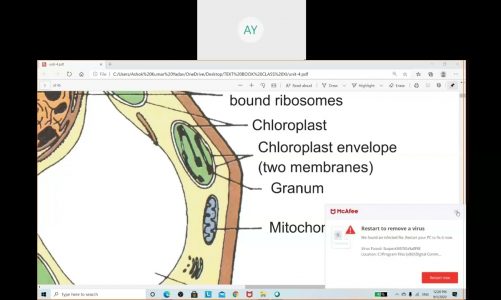We are a group of enthusiastic medicine students who want to support Prof. Seyfried! Because he never really asks for money… but we know he needs it!
That’s why we created this channel: To spread his word and give you the opportunity to give to his research in a lot of different ways! We will post all the newest videos by him in one place, make special edits, post stuff from collegues in the keto-cancer field as well and we will produce audiobooks of his work!
You can support him in multiple ways:
– Donate to his research directly at https://foundationformetaboliccancertherapies.com
– Buy his scientific book: https://www.amazon.com/Cancer-Metabolic-Disease-Management-Prevention/dp/0470584920/ref=27rnfsd39kh
– Buy his summary book: https://www.amazon.com/Summary-Metabolic-Management-Prevention-Christofferson/dp/B08DV572GR/ref=27rnfsd39kh
(Affiliate Links)
Or: You can also become a Patreon of ours, for only 1$: https://www.patreon.com/Dr_Thomas_Seyfried
That way, you automatically donate to Dr. Seyfrieds research each month, we do that for you. We post the donation screenshot at Patreon as proof.
Also, there are a lot of perks you will love, like listing your name in the videos or giving you access to Audiobooks of Dr. Seyfried’s work
SOURCE: https://www.youtube.com/watch?v=sBjnWfT8HbQ
Thomas Seyfried, Ph.D. presenting at the 2nd Annual Ancestral Health Symposium (AHS12).
Abstract:
Despite modest advances in the standard of care, malignant cancer persists as a major disease of morbidity and mortality in children and adults.
As a metabolic disorder involving the dysregulation of respiration, malignant brain cancer can be managed through changes in metabolic environment. In contrast to normal neurons and glia, which transition to ketone bodies (beta-hydroxybutyrate) for respiratory energy when glucose levels are reduced, malignant brain tumors are mostly dependent on non-oxidative substrate level phosphorylation due to structural and functional abnormalities in mitochondria. Glucose and glutamine are major fuels for malignant cancer cells.
The transition from glucose to ketone bodies as an energy source is an ancestrally conserved adaptation to food deprivation that permits the survival of normal cells during extreme shifts in nutritional environment. Only those cells with a flexible genome, honed through millions of years of environmental forcing and variability selection, can transition from one energy state to another.
We propose a different approach to brain cancer management that exploits the metabolic flexibility of normal cells at the expense of the genetically defective and metabolically challenged. This evolutionary and metabolic approach to brain cancer management is supported from studies in orthotopic mouse brain tumor models and from case studies in patients. Calorie restriction and restricted ketogenic diets (R-KD), which reduce circulating glucose levels and elevate ketone levels, are anti-invasive, anti-angiogenic, and pro-apoptotic towards malignant brain cancer. The therapeutic efficacy of some anti-cancer drugs can be enhanced when administered together with the R-KD.
Bio:
Thomas Seyfried is Professor of Biology at Boston College. He is presently on the editorial boards of Nutrition and Metabolism, Neurochemical Research, the Journal of Lipid Research, and ASNNeuro. His research involves gene-environmental interactions in neurological and neurodegenerative diseases including epilepsy, autism, gangliosidoses, and brain cancer.
source


